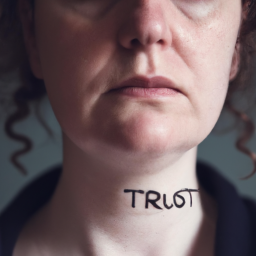
The Pain of Betrayal: It Often Comes from Those We Trust the Most
By Aiden a week ago**The Pain of Betrayal: It Often Comes from Those We Trust the Most** Betrayal strikes at the core of human relationships, often emerging from unexpected sources.
Those we hold closest—friends, family, or partners—can become the very people who inflict the deepest wounds. This emotional pain can be particularly acute because it shatters the foundation of trust.
Psychologically, trust is built on vulnerability. When we open ourselves up to others, we expect protection and support in return. However, when that trust is broken, feelings of confusion and anger often follow. The emotional turmoil can lead to a reevaluation of all past interactions, leaving individuals questioning not just that relationship, but their ability to trust others in the future.
Research shows that the impact of betrayal can be profound, leading to anxiety, depression, and a heightened sense of vulnerability. Survivors of betrayal often experience a range of responses, from withdrawal to seeking revenge.
Understanding this phenomenon is crucial. It encourages us to examine the dynamics of our relationships, fostering a deeper awareness of our own vulnerabilities and limits.
Ultimately, while betrayal can be devastating, it can also serve as a catalyst for growth. By confronting these painful experiences, individuals may emerge with a renewed sense of self and a stronger ability to form healthier, more resilient connections moving forward. Trust, once broken, can be rebuilt, but it requires patience and introspection.